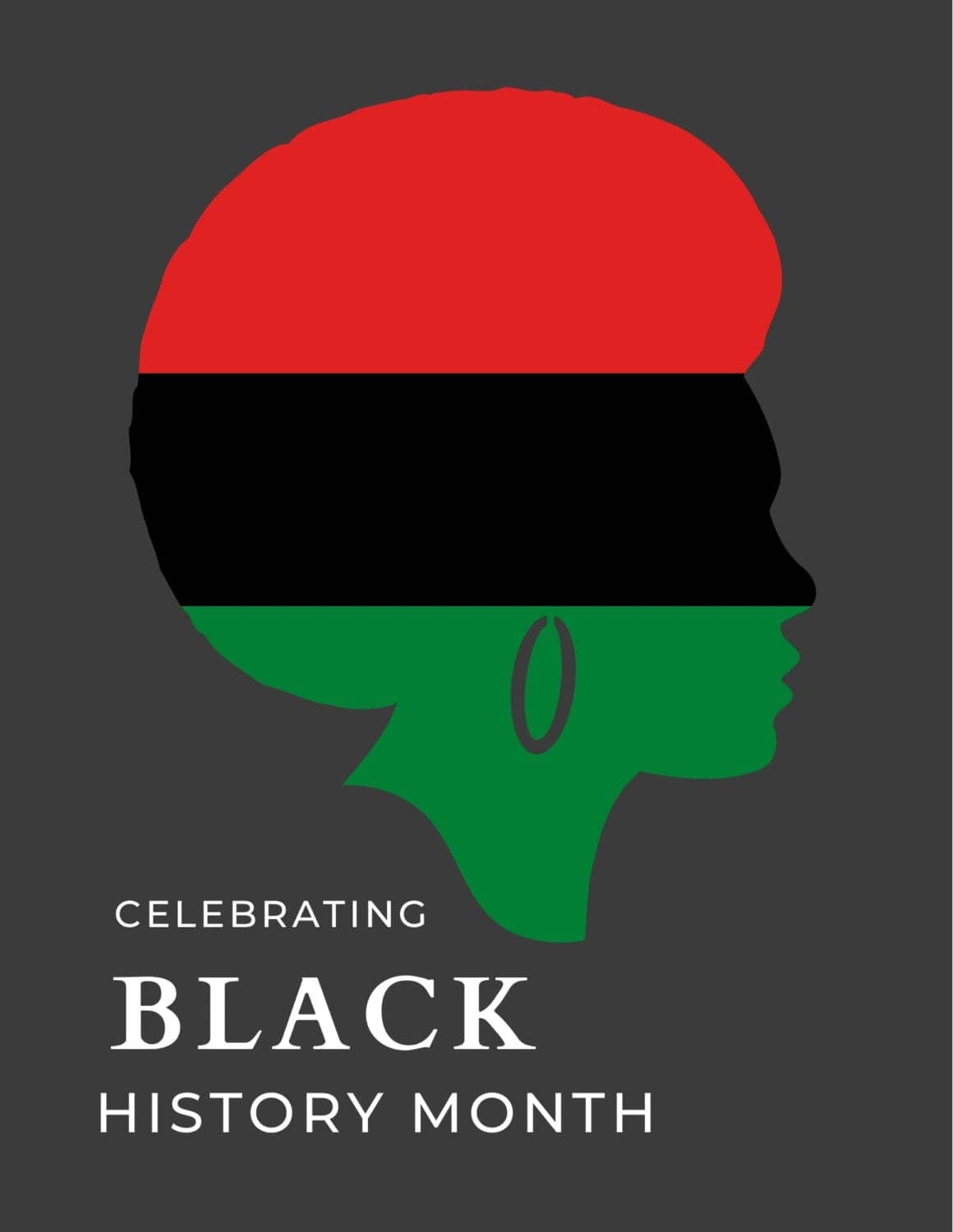
by Xion Abiodun, Oakland Bureau
This month is recognized as Black History Month nationally, but we celebrate Black people every day on this media outlet. For those who don’t know, Black History Month specifically celebrates Black people in and from the United States. This month is important for Black people in America because oftentimes our accomplishments are overlooked. Black History Month did not always exist though – it has only been recognized nationally for 47 years.
Black History Month was originally Negro History Week. In 1926 the scholar and author Dr. Carter G. Woodson launched Negro History week and encouraged schools to participate in it. The week was in February because it honored the late abolitionists Frederick Douglass, whose birthday is in February. Towards the end of the Civil Rights Movement, Negro History Week turned into Black History Month on plenty of college campuses in America. It wasn’t until 1976 that the president [at the time] officially recognized Black History Month, and it became celebrated nationwide.
Black America has made many contributions to the U.S. including music, fashion, HBCUs, and many more. Without us, gospel music, blues, soul, Rock and Roll, funk, R&B, Hip Hop and rap would not be a thing. All these music genres are born from Negro Spirituals and have become some of the most popular music genres worldwide.
The fashion world is another industry heavily influenced by the Black community in America. Modern-day acrylic nails, slayed edges/baby hairs, sneaker culture, logomania and so many other fashion trends were started by Black people here in the U.S.
HBCUs, which stands for Historically Black Colleges and Universities, are safe spaces that were created to further Black people’s education. The first HBCU came about in 1856, and was founded because Black people were not allowed to attend colleges that white people attended. Now anyone of any race can attend an HBCU, but these were created specifically for Black people.
Not only have Black people made history in America, but worldwide too. All over the world people were paying attention to the injustices towards Black people in America because of the Civil Rights Movement. The Civil Rights Movement here in America influenced the Australian constitution to change and grant the Aboriginal people of Australia equal rights as granted to other Australian people. People from the Civil Rights Movement used to travel abroad, mainly to Africa and Asia, and work directly with their Civil Rights leaders to fight colonialism as well.
Without Black people in the United States, there would not be any three-light traffic signals, clocks, home security systems, clothing dryers, pads (for periods) and many more inventions we use every day, globally.
Oftentimes, I hear people say we have no culture, which is not true at all. Our culture influences the world, but most times we are not given credit for it, and it is called “pop culture.” So, to all the Black people who feel like we have no culture because we have not been in Africa for hundreds of years, or feel like we are just “regular Black people,” remember this article celebrating our culture and accomplishments. Happy Black History Month to all my fellow Black people in the United States!
Xion Abiodun is a student in both the Peralta City College system in Oakland and the SF Bay View’s Community Journalism Program, and a writer with the Oakland Bureau of the SF Bay View Newspaper.





